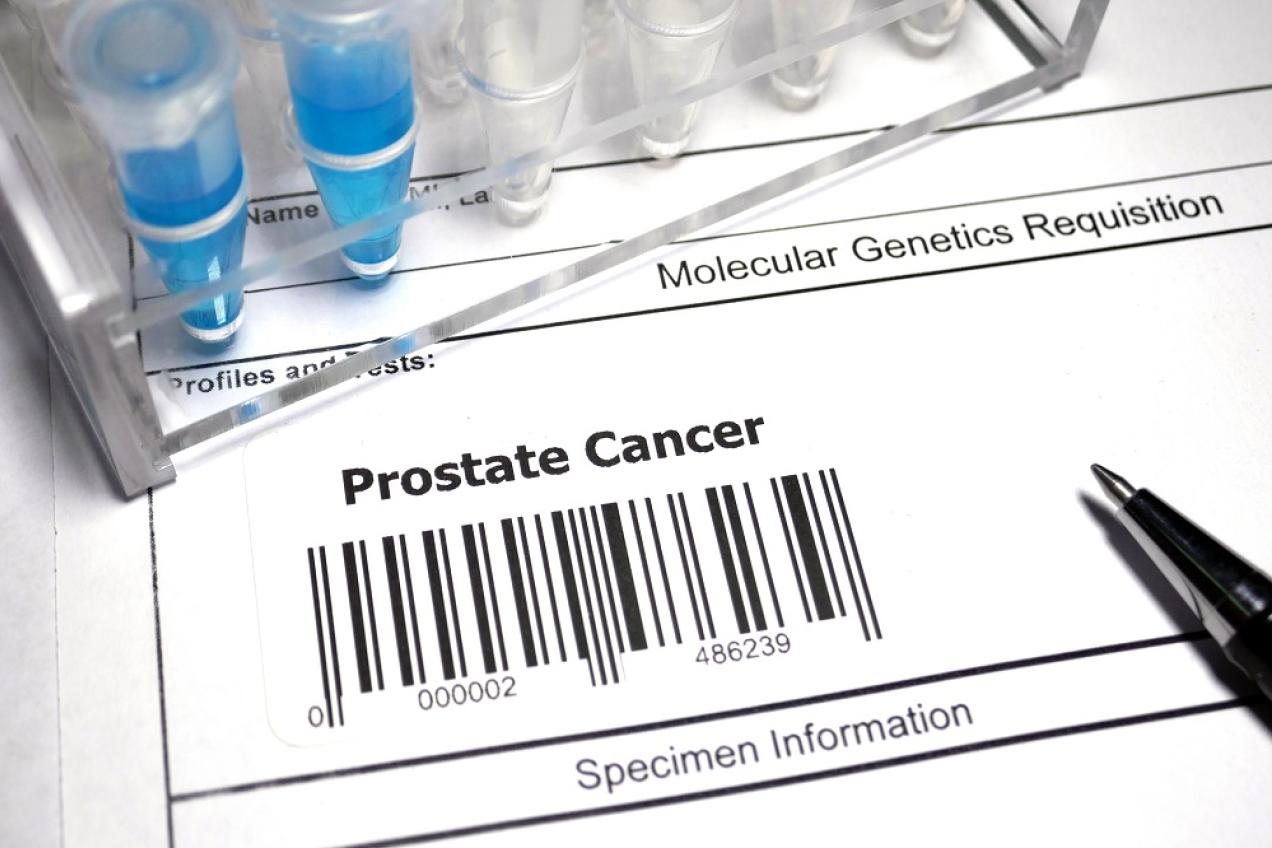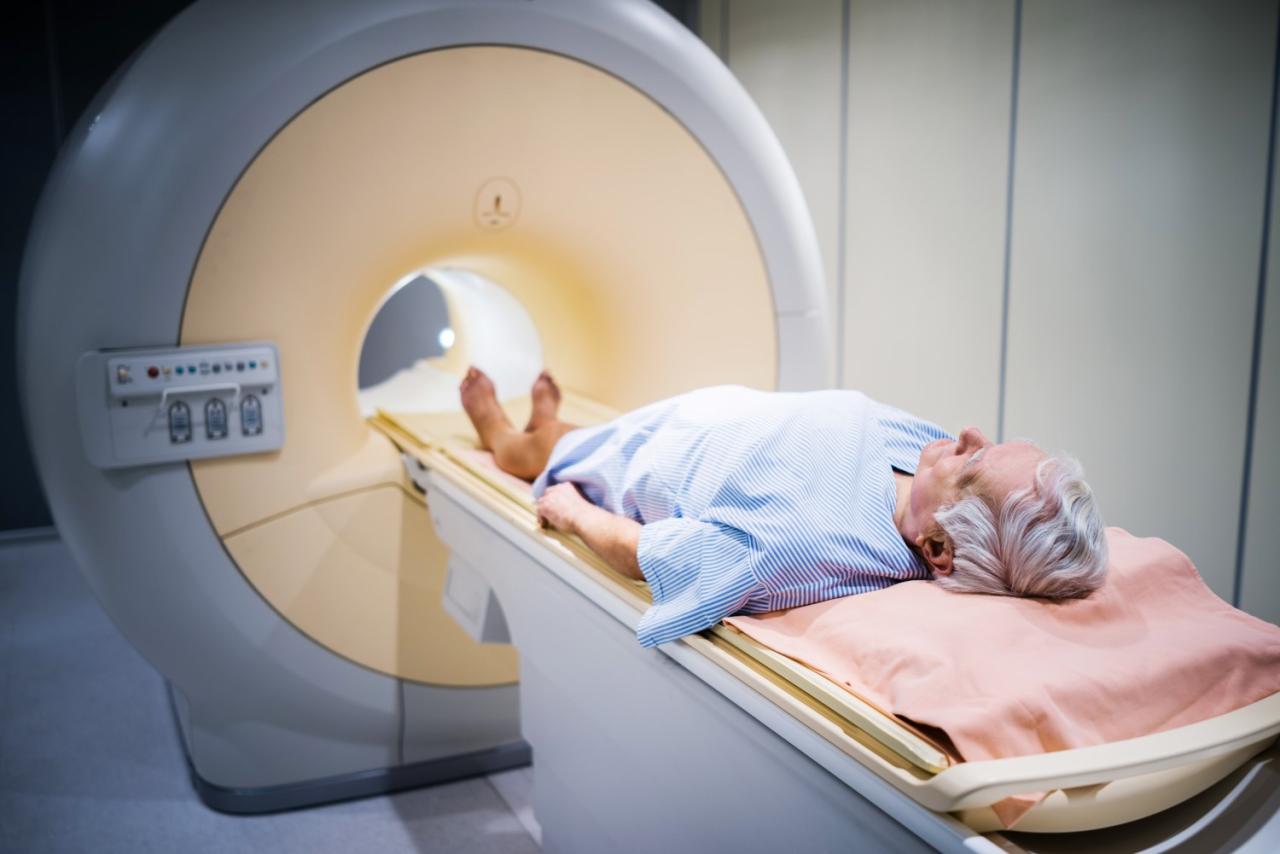Lutetium-177: towards personalised medicine
IRE and SCK CEN conclude a partnership for the production of lutetium-177 and other radioisotopes

For many years, the Institut National des Radioéléments (Institute for Radioelements (IRE)) and SCK CEN have been working closely together on the production of radioisotopes for use in medicine. In 2020, the two partners signed a second public-public partnership that gives fresh impetus to their long-standing collaboration, with a focus on both diagnosis and treatment.

December 2018: the nuclear research centre SCK CEN and its sister company Institut National des Radioéléments (IRE) sign the public-public partnership RECUMO. The ink is not even dry before both partners are already talking about their next collaboration, this time in the field of medical radioisotopes. "In the history of medical radioisotopes, SCK CEN and IRE are complementary partners and provide added value to each other. Why shouldn't we join forces?" it was announced shortly after the signing. And so they did.
In 2020, the two partners signed a second public-public partnership that gives fresh impetus to their long-standing collaboration in the field of nuclear medicine. "For decades, the focus of our production was on two specific radioisotopes: molybdenum-99 for diagnosis on the one hand, and iodine-131 for the treatment of thyroid cancer on the other. Meanwhile, scientific research is enabling incredibly rapid advances in nuclear medicine. Radioisotopes can make the difference not only in medical imaging but also in targeted treatments. As global players in their production, we must keep an eye on these dynamics and enable further development of emerging therapeutic radioisotopes," clarifies Erich Kollegger, CEO of IRE.
Therapeutic radioisotopes: a definition
Therapeutic radioisotopes are an indispensable component of targeted cancer treatments. In this kind of treatment, a carrier molecule delivers a radioisotope very precisely to the cancer cells. Once the carrier molecule is attached to or absorbed into the cell, the radioisotope can irradiate the cancer cells without affecting healthy tissue. The cancer cells are damaged, causing them to die off and the tumour itself eventually shrinks.

Range of radioisotopes
The production of lutetium-177 is the first specific project within the framework of this collaboration and other radioisotopes will follow in the coming years. Lutetium-177 is currently being used in hospitals to treat neuroendocrine tumours. Neuroendocrine cells are mainly located in the organs of the digestive system, including the stomach, pancreas, and intestines. However, this radioisotope is very promising for the treatment of prostate cancer, which is responsible for 90,000 deaths in Europe every year. It is used in combination with gallium-68 (68Ga), and the latter enables doctors to map the size of the prostate tumour and adjust the dose of lutetium-177 that the patient should receive during treatment accordingly.
"You could call it personalised medicine. We expect global demand to triple in the coming years," adds Eric van Walle, Director-General of SCK CEN. "If pharmaceutical companies want to market lutetium-177 as a treatment for prostate cancer, supply must be able to meet that demand. With this partnership, we will facilitate access to these and other innovative radioisotopes. By working together, we can also make Belgium a key player in the production and distribution of radioisotopes for nuclear medicine."
Complementary roles
The partnership means an altered form of cooperation, but an unchanged division of roles, one which has existed between the two partners since the outset. "Our BR2 research reactor is responsible for the first stage of medical radioisotope production, namely irradiating targets. Then IRE treats these targets through a chemical process in order to obtain medical radioisotopes which are administered to patients. We coordinate our work very closely, the partnership runs like a well-oiled machine," explains Eric van Walle (SCK CEN). Erich Kollegger (IRE) agrees: "This public-public partnership makes full use of these complementary skills. That's what makes this partnership so valuable."
RECUMO
It is already the second time that both partners have signed on the dotted line to make their close cooperation official. In December 2018, IRE and SCK CEN concluded their first public-public partnership for the RECUMO (Recovery of valuable Uranium residues of 99Mo based radio-pharma in Belgium) project. This project offers a systematic solution for the management of all highly radioactive residues resulting from the production of medical radioisotopes and currently stored on the IRE site in Fleurus.
From pain relief to cancer treatment
SCK CEN conducts research on samarium-153 as a theranostic radioisotope.